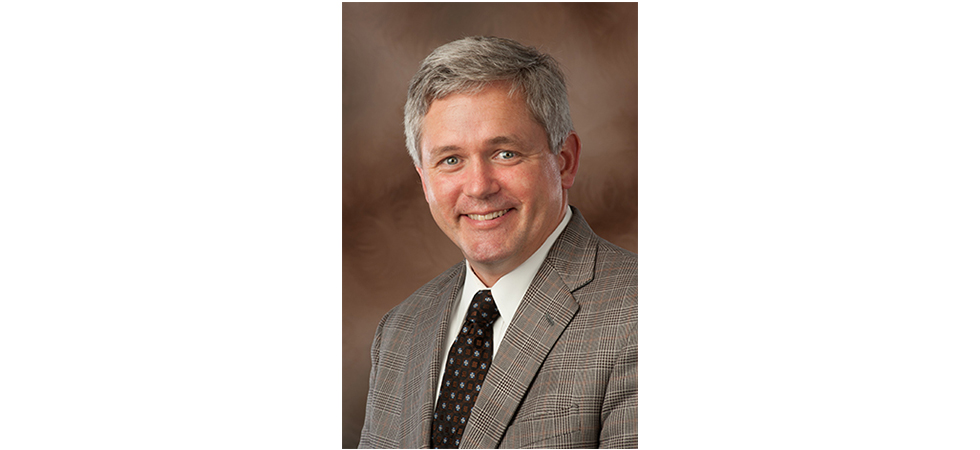Assistant Provost for Academic Innovation and Strategy Named American Council on Education Fellow

The American Council on Education (ACE) has announced that J. Bart Morrison, Ph.D., assistant provost for Academic Innovation and Strategy at Assumption, has been named an ACE Fellow for the 2017-18 academic year.
Morrison is spending this spring as a visiting scholar at the University of Insubria in Italy, where he will present a three-part lecture series on strategic organizational leadership from a U.S. perspective. He will also deliver a similar seminar series, entitled “Strategic Management and International Marketing from a U.S. Perspective,” which has been designed expressly for leaders of members of Unindustria Como in Como, Italy. According to Morrison, the primary objective is to expand participants’ ability to think and act strategically in analyzing industry and competitive situations facing one’s company in order to formulate and implement a strategic marketing plan focused on international expansion. The seminar will integrate concepts and practices in management, marketing, human resources, organizational behavior, production, finance and accounting.
“I am honored and pleased to represent Assumption as an ACE Fellow,” Morrison said, adding that he was especially appreciative of his nomination, which came from Assumption President Francesco C. Cesareo, Ph.D. “This unique opportunity allows me to learn from leaders of other institutions, and ultimately apply new insight, perspectives, knowledge and skill upon return to the Assumption campus.”
Established in 1965, the ACE Fellows Program is designed to strengthen institutions and leadership in American higher education by identifying and preparing faculty and staff for senior positions in college and university administration through its distinctive and intensive nominator-driven, cohort-based mentorship model. Forty-six Fellows, nominated by the senior administration of their institutions, were selected this year following a rigorous application process.
Morrison was previously an assistant professor of management at Assumption from 2005 to 2009, in which he taught across the management discipline at the undergraduate and graduate levels. After two years serving as dean of the graduate school of business and professor of management at the University of Charleston, he returned to Assumption, at which he has held the positions of MBA director (2011-13), dean of graduate and professional studies (2013-14), and assistant provost for Academic Strategy and Innovation, a position he has held since 2014. He has also been an associate professor of management since returning to Assumption in 2011.
In his current role at Assumption, he was a lead author and facilitated the design and implementation of a institution-wide strategic plan; developed the process for establishing 10 innovation teams; led the process of research, development and implementation of new academic programs; and is responsible for seeking, securing and administering funds from Federal agencies, corporations and private foundations in support of curriculum development, faculty research and other academic initiatives.
Morrison earned his bachelor’s degree in English from Fordham University, his Ed.M. from Harvard University’s Graduate School of Education and his Doctor of Management from the Weatherhead School of Management from Case Western Reserve University.
“Fulfilling higher education’s 21st century mission depends upon a visionary, bold and diverse global community of institutional leaders, and the ACE Fellows Program plays a key role in cultivating these leaders,” said ACE President Molly Corbett Broad. “The diverse and talented 2017-18 Fellows class demonstrates why the program has made such a vital contribution for more than a half-century to expanding the leadership pipeline for our colleges and universities.”
The ACE Fellowship program combines retreats, interactive learning opportunities, visits to campuses and other higher education-related organizations, and placement at another higher education institution to condense years of on-the-job experience and skills development into a single year. During the placement, Fellows observe and work with the president and other senior officers at their host institution, attend decision-making meetings and focus on issues of interest. Fellows also conduct projects of pressing concern for their home institution and seek to implement their findings upon completion of the fellowship placement.
At the conclusion of the fellowship year, Fellows return to their home institution with new knowledge and skills that contribute to capacity-building efforts, along with a network of peers across the country and abroad.
